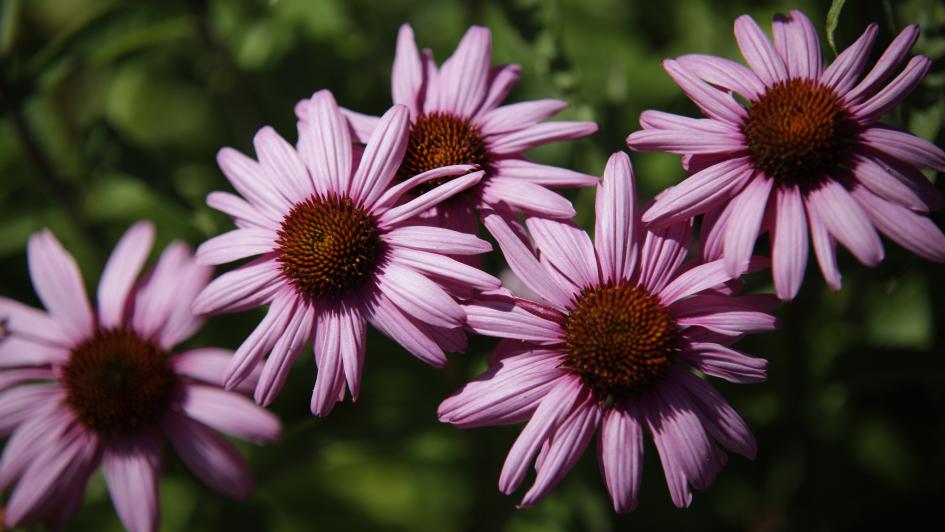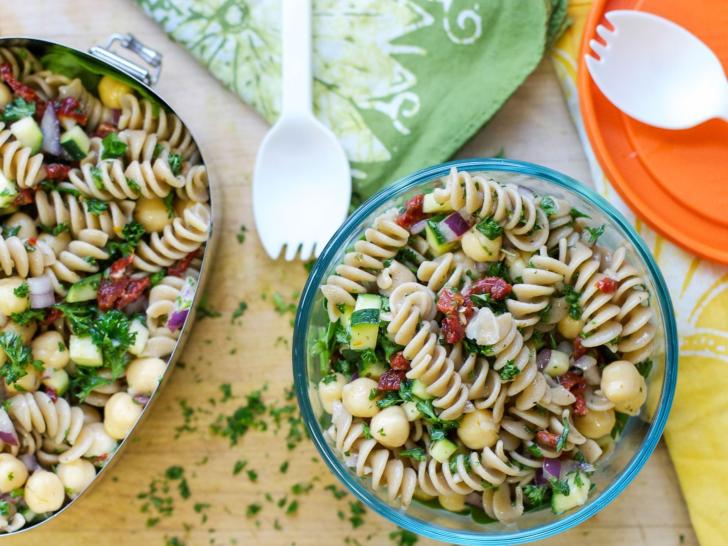Top 10 Medicinal Plants that Feed the Bees

Published
Bees are the vital hum of our ecological well-being. Invite them to your garden using medicinal plants!
A sign of a healthy garden, they facilitate plant reproduction and make most foods we consume possible. With worldwide habitat loss, conventional agriculture practices, climate change and more threatening their health, bees need our support to continue their life's work of feeding the world.
Honeybees are only one part of the picture. Native bees, such as blue orchard mason bees, may not create honey but are very valuable to a garden. Honeybees hail from Europe and focus on nectar collection, whereas native bees focus on gathering pollen. This habit makes native bees especially effective: Mason bees have a 95%+ pollination rate and visit over two times the amount of flowers that honeybees do (5%). Native bees can also pollinate in cooler, wetter weather than honeybees.
Perhaps most importantly, native pollinators have co-evolved in a relationship with native plant species. The two are entirely dependent on one another to keep ecosystems alive and well.
All bees are vital to our landscapes. How do we design our gardens as inviting spaces for them to call home, while also encouraging them to feed and linger around our edible plants and increase our yields? One strategy we choose is to plant the ends of our vegetable beds intentionally with medicinal herbs and flowers. Our six surrounding medicinal gardens also form a pollinator paradise of hundreds of flowering plants.
Here are 10 medicinal plants that bees in the Bastyr Gardens especially love, that you can plant in your garden:
Anise Hyssop – Expectorant, warming and digestive.
Calendula – Lymphatic, wound-healing and antibacterial.
California poppy – Nervine.
Ceanothus/California Lilac – Powerful lymph support.
Dandelion – Bitter, liver tonic.
Figwort – Alterative and lymph support.
Lupine – Native Pacific northwest perennial, ethnobotanical use.
Salal – Native evergreen, astringent and anti-inflammatory.
Sea Holly – Diuretic with reproductive system affinity.
Oregon Grape – Native evergreen, bitter and antibacterial.


